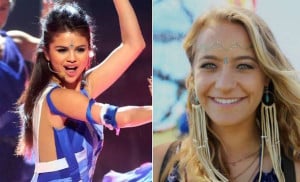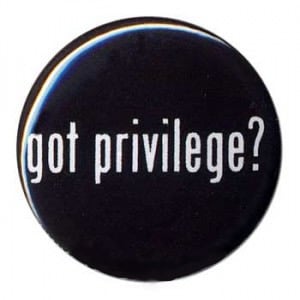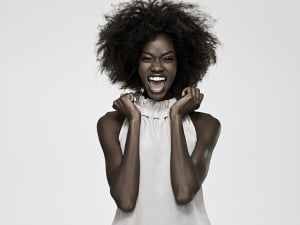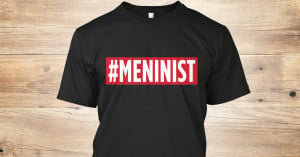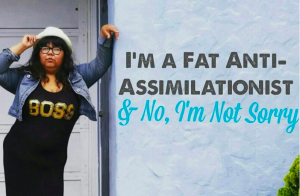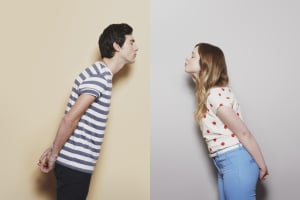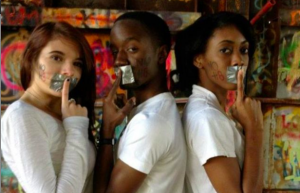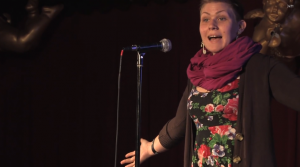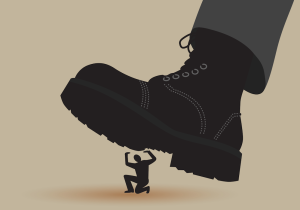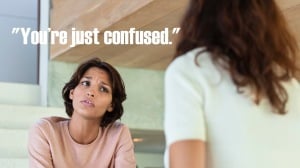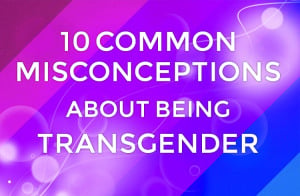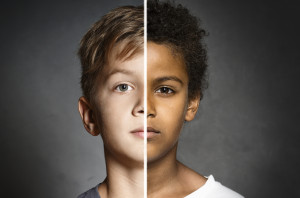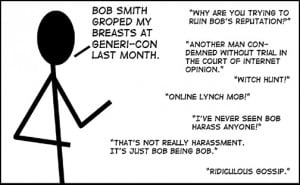From the moment we are born, girls — and children who are told they are girls — are socialized to embrace misogyny as normal.
We learn to recognize our worth in how attractive men find us, to say thank you to street harassment, to protect ourselves with flirtation and niceties, to find power in masculinity, and to be complacent with invisibility.
We are taught that every act of violence we experience is a result of how short our skirt is or how deep our shirt line plunges.
Because society does not want to empower us to have self-efficacy and actualize our goals, we are encouraged to do the bare minimal. Consequently, some male chauvinists have claimed that women have it easy. Other times, we are critiqued for exploiting this sexist system that objectifies our bodies for class mobility and other resources.
However, as this poet states, “This is not female privilege. This is survival of the prettiest.”
Misogyny created this problematic dynamic and ending misogyny is the only way we’re gonna end it.
Click for the Transcript
To learn more about this topic, check out the following articles:
- Cat Calling: The Difference Between How Perpetrators Versus Targeted People Experience It
- What Men Can Do To Stop Street Harassment
- Everyday Sexual Assualt
- How Male Sexual Entitlement Hurts Everyone
- Why As A Man, I Need Feminism
[do_widget id=”text-101″]
Blythe Baird is an 18-year-old poet, actress, and feminist. In 2014, she represented Chicago as one of the youngest competitors to ever compete at the National Poetry Slam. Her work has been published or featured by The Huffington Post, Write Bloody, Chicago Literati, and Banango Street, among others. She is currently studying creative writing and women’s studies at Hamline University in St. Paul, MN. Her first full length book of poems is coming out soon through Where Are You Press in 2015. You can follow her on Twitter @blythe_baird.
Video courtesy of Button Poetry. For more amazing spoken word performances, check them out on YouTube and Facebook.
Search our 3000+ articles!
Read our articles about:
Our online racial justice training
Used by hundreds of universities, non-profits, and businesses.
Click to learn more





